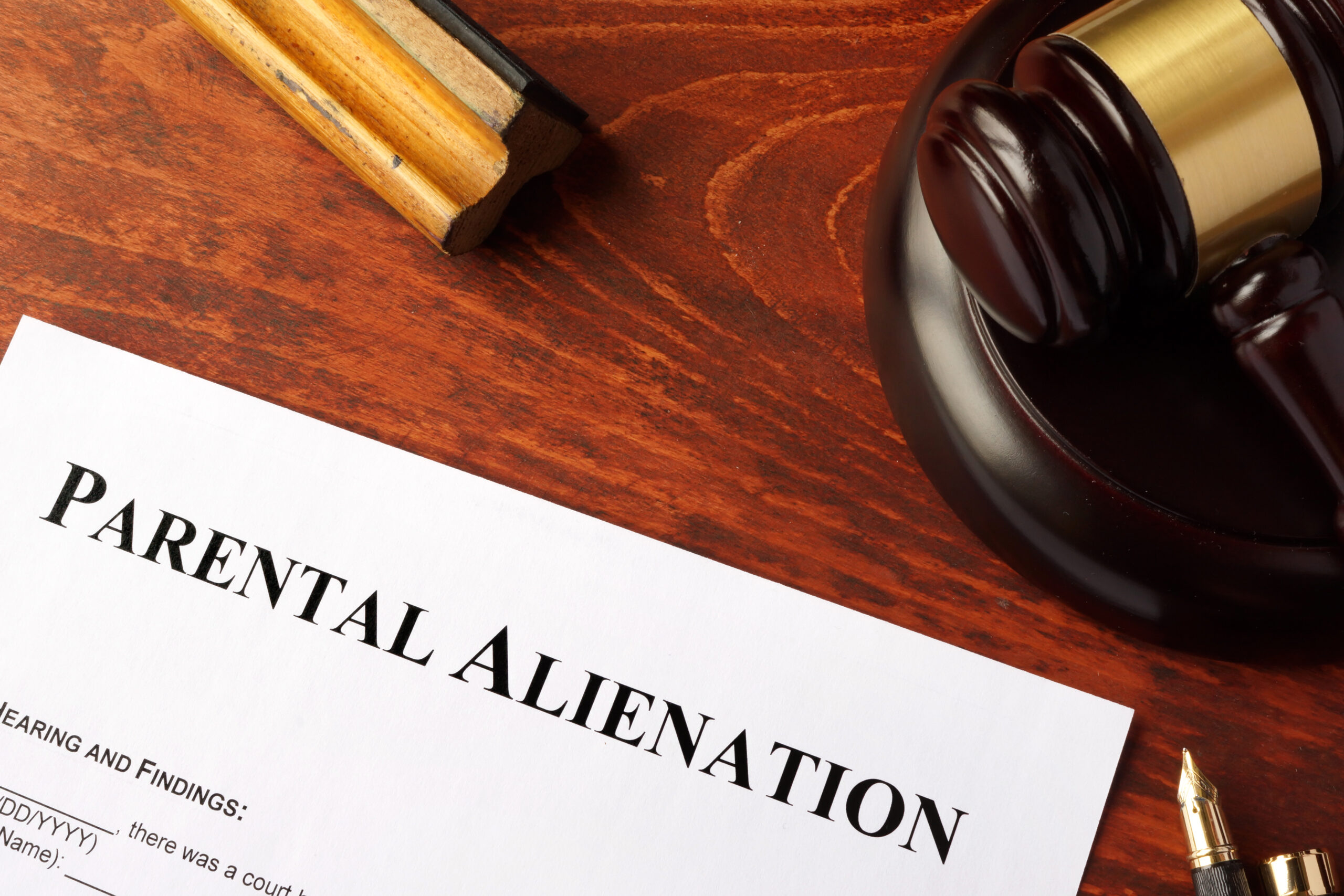
When deciding child custody, New Jersey courts must determine an arrangement that prioritizes the child’s best interest. In a perfect world, both parents would have equal access to their children, enabling the children to maintain a healthy relationship with both parents, even though their parents are no longer romantically involved. In addition, they would set aside their differences and collaborate to develop a successful co-parenting relationship. However, this is not always the case. Rather than making an honest effort to support the other parent in maintaining a healthy and ongoing relationship with the child, they may actively work against them by undermining them, a behavior which is referred to as parental alienation. If you are a victim, it’s in your best interest to contact our trusted Monmouth County Child Custody Attorneys, who can fight on your behalf to ensure that you have an opportunity to foster a relationship with your child.
What is Parental Alienation?
Parental alienation, also known as parental alienation syndrome, often emerges during divorce. It involves one parent intentionally attempting to tarnish the relationship between their child and the other parent. Essentially, this is a form of psychological manipulation that causes a child to reject their other parent, leading to strained or severed relationships. This behavior is viewed as a form of child abuse due to its adverse effects on a child’s emotional state. Alienating parents may engage in the following behavior:
- Excessively criticizing the parent
- Restricting or denying children access to the parent
- Undermining the relationship
- Withholding important information from the parent
- Falsifying narratives
- Exploiting the child’s emotions
How Does Parental Alienation Impact Custody in New Jersey?
In New Jersey, the court believes it’s in a child’s best interest to have a relationship with both parents unless proven otherwise. The court prioritizes a child’s well-being rather than considering what the parents want. That being said, if a parent says or does anything to jeopardize their child’s relationship with the other parent, parental alienation can be used as the basis for a custody modification. This is because parental alienation is exceptionally damaging to children and can result in severed relationships.
It’s important to note that parental alienation is often challenging to prove. Therefore, you should document any forms of parental alienation that your former spouse exhibits, as this evidence can support your claims. For instance, if your former spouse violates your custody arrangement by restricting you from accessing your child, you can have the court enforce the terms of your parenting schedule or modify your existing agreement.
If you observe these behaviors, properly safeguarding your rights and ensuring your child’s best interests is essential. At Paone & Zaleski & Murphy, we can help you gather the evidence to show the court that parental alienation occurs. Contact our dedicated legal team today to learn how we can fight for you and your family.

